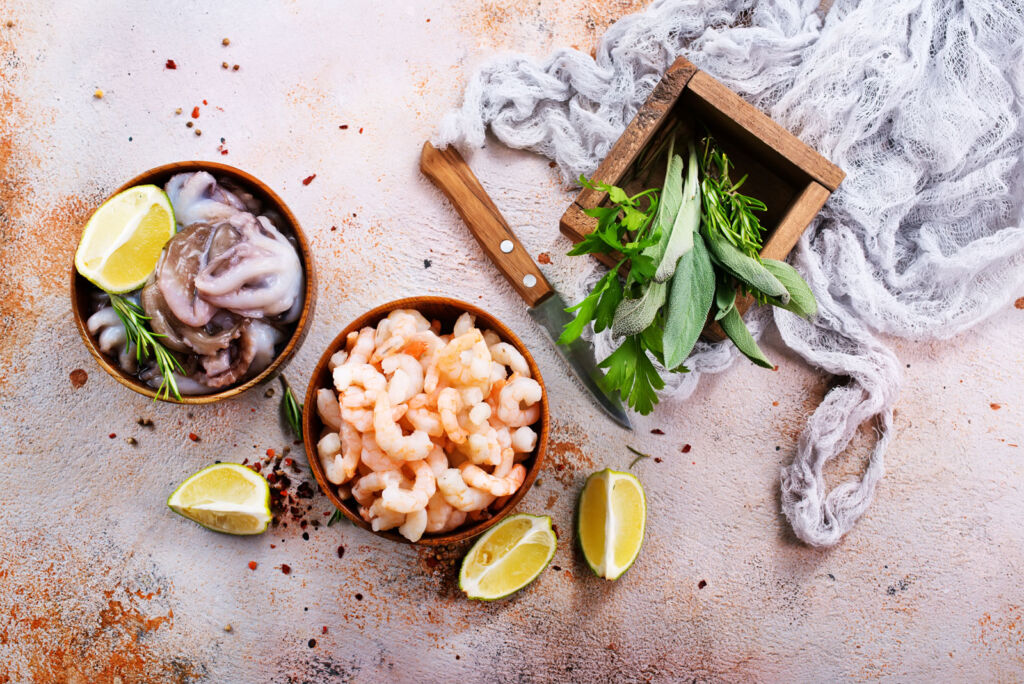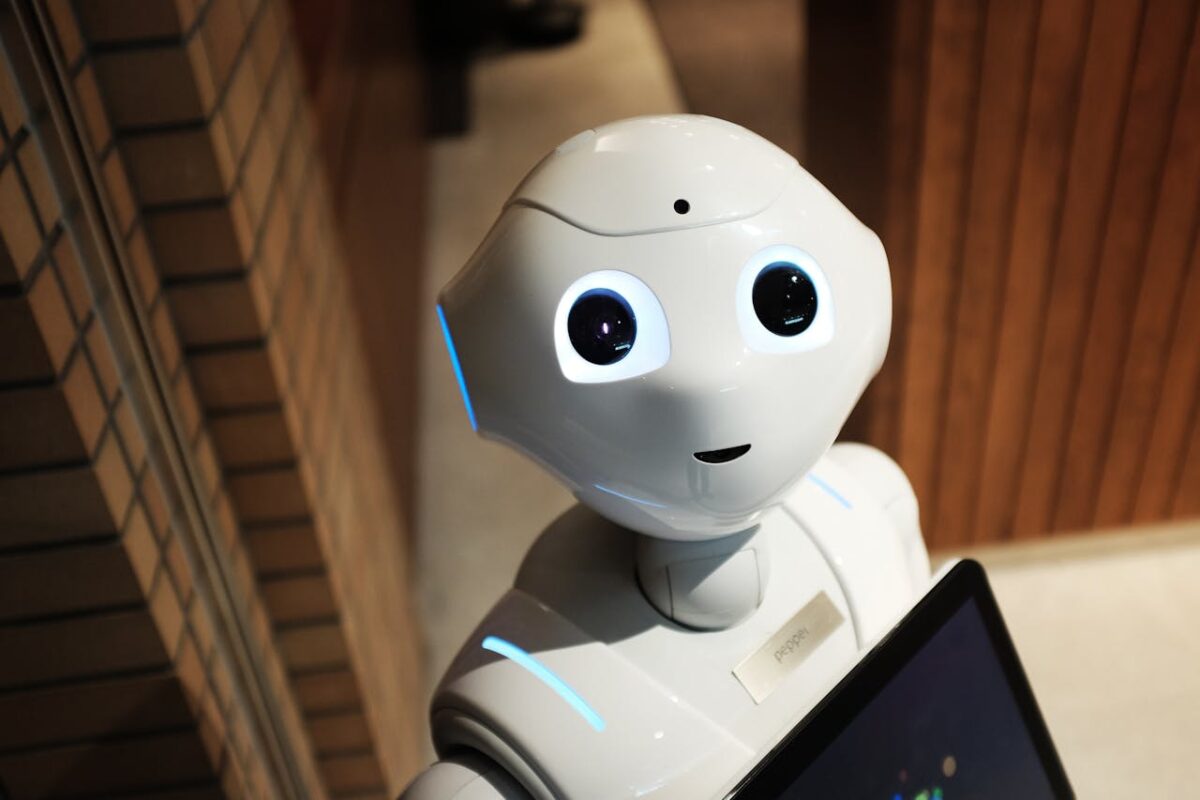What You Need to Know About Sustainable Seafood Certification

As concerns about overfishing, habitat destruction, and seafood fraud continue to rise, consumers are increasingly seeking reassurance that the seafood they purchase is sourced responsibly and sustainably. In response to this demand, various seafood certification programs have emerged, aiming to promote sustainable fishing practices and provide transparency in the seafood supply chain. Here’s what you need to know about sustainable seafood certification:
1. What is Sustainable Seafood Certification?
Sustainable seafood certification is a voluntary process whereby fisheries, aquaculture operations, and seafood suppliers undergo assessment against a set of standards to demonstrate that their products are harvested or produced in an environmentally responsible and socially ethical manner. Certification programs typically address key sustainability criteria, including the status of target fish stocks, the impact on marine ecosystems, and compliance with relevant regulations and best practices.
2. Key Certification Programs
Several reputable seafood certification programs exist globally, each with its own set of standards and criteria. Some of the most well-known programs include:
Marine Stewardship Council (MSC):
The MSC is one of the leading certification programs for wild-caught seafood. Fisheries certified by the MSC must meet strict criteria for sustainable fishing practices, including maintaining healthy fish populations, minimizing environmental impact, and adhering to legal and regulatory requirements.
Aquaculture Stewardship Council (ASC):
The ASC certification program focuses on responsible aquaculture practices, addressing environmental, social, and economic aspects of seafood production. ASC-certified farms must demonstrate compliance with rigorous standards for water quality, habitat conservation, and social responsibility.
Best Aquaculture Practices (BAP):
Developed by the Global Aquaculture Alliance (GAA), the BAP certification program assesses various aspects of aquaculture operations, including environmental management, animal welfare, and social responsibility. BAP certification is available for a wide range of aquaculture species and production systems.
Friend of the Sea (FOS):
FOS is a certification program that evaluates both wild-caught fisheries and aquaculture operations for their sustainability and traceability. Certified products must meet criteria related to fishing methods, bycatch mitigation, and habitat protection, as well as social and labor standards.
3. Benefits of Certification
Obtaining sustainable seafood certification offers several benefits for fisheries, aquaculture producers, seafood suppliers, and consumers alike:
- Market Access: Certified seafood products gain access to markets that prioritize sustainability, including retailers, restaurants, and consumers who actively seek out eco-friendly options.
- Consumer Confidence: Certification provides consumers with confidence that the seafood they purchase has been sourced responsibly, meeting stringent environmental and social standards.
- Environmental Protection: By promoting sustainable fishing and aquaculture practices, certification programs contribute to the conservation of marine biodiversity and the long-term health of ocean ecosystems.
- Social Responsibility: Many certification programs include criteria related to labor rights, worker safety, and community engagement, promoting ethical practices throughout the seafood supply chain.
- Continuous Improvement: Certification is not a one-time achievement but an ongoing commitment to continuous improvement. Certified entities must undergo regular assessments and audits to maintain their certification, encouraging adherence to best practices and the adoption of innovative solutions.
4. Challenges and Limitations
While sustainable seafood certification offers many benefits, it is not without challenges and limitations:
- Cost and Complexity: The certification process can be costly and complex, particularly for small-scale fisheries and aquaculture operations with limit resources and technical capacity.
- Standard Variability: Different certification programs may have varying standards and criteria, leading to confusion among consumers and stakeholders about which certifications are most credible and trustworthy.
- Enforcement and Compliance: Ensuring compliance with certification standards can be challenging, especially in regions with weak governance and enforcement mechanisms.
- Scope and Coverage: While certification programs focus primarily on environmental sustainability, broader issues such as social responsibility, human rights, and seafood traceability may not always be adequately addressed. Click Here for Food Safety Course
5. Making Informed Choices
As a consumer, you can make informed choices about sustainable seafood by:
- Looking for Certification Labels: Seek out seafood products bearing certification labels from reputable programs such as MSC, ASC, BAP, or FOS.
- Researching Suppliers: Research the sustainability practices of seafood suppliers and choose those that prioritize responsible sourcing and transparency.
- Supporting Local and Seasonal Options: Opt for locally source and seasonal seafood whenever possible, as these products are often more sustainable and environmentally friendly.
- Advocating for Change: Advocate for stronger regulations, policies, and industry practices that promote sustainable seafood and protect marine ecosystems.
In conclusion, sustainable seafood certification plays a crucial role in promoting responsible fishing and aquaculture practices, providing consumers with confidence that the seafood they consume is source ethically and sustainably. While certification programs offer numerous benefits, it is essential to recognize their limitations and continue working towards more comprehensive and inclusive approaches to seafood sustainability. By making informed choices and supporting sustainable seafood initiatives, we can contribute to the health and resilience of our oceans for future generations.











